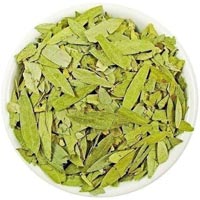J Altern Complement Med.2007 Jan-Feb; 13(1):79-82.
Niasari M1, Kosari F, Ahmadi A.
Author information
Iran Society of Hejamat Research, Tehran, Iran. 60527@irimc.org
Abstract
OBJECTIVE:
The aim of this study was to determine if a reduction in serum lipoproteins, especially LDL cholesterol, is a preventive approach against atherosclerosis. Phlebotomy has been a recommended method to reduce serum lipoprotein levels. The present study was conducted to investigate the effects of wet cupping on serum lipoprotein concentrations.
SUBJECTS AND METHODS:
In this randomized controlled trial, 47 men (18 to 25 years old), without chronic disease or a history of hyperlipidemia and antihyperlipidemic drug consumption were randomly assigned into control (N = 24) and treated (N = 23) groups. Men in the treated group were subjected to wet cupping, whereas men in the control group remained untreated. The serum concentrations of lipids, collected from brachial veins, were determined at the time of wet cupping and then once a week for 3 weeks. Data were analyzed using a repeated measure ANOVA.
RESULTS:
A substantial decrease in LDL cholesterol (p < 0.0001) and in the LDL/HDL ratio (p < 0.0001) was found in the treated group compared to the control. There were no significant changes in serum triglyceride between groups (p > 0.05). Although there were no statistically significant variations in total cholesterol and HDL cholesterol (p > 0.05), a 7% decrease in total cholesterol and 3% increase in HDL cholesterol may be clinically important.
CONCLUSIONS:
Wet cupping may be an effective method of reducing LDL cholesterol in men and consequently may have a preventive effect against atherosclerosis


